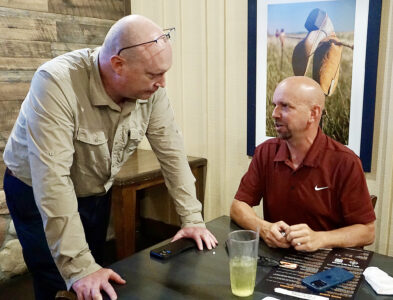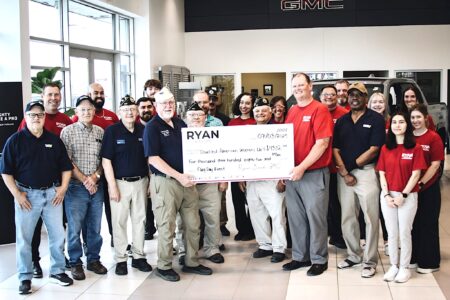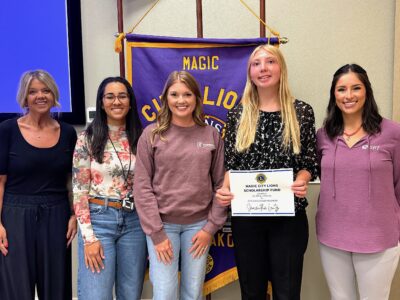ND Indian Education Summit offers festival of ideas
BISMARCK – More than 120 educators are meeting in Bismarck this week for the 11th annual North Dakota Indian Education Summit.
The summit opened Thursday and will conclude today in the state Capitol, according to State School Superintendent Kirsten Baesler.
“”This summit gives educators an opportunity to exchange ideas, discuss best practices and absorb information to help ensure all of North Dakota’s students are succeeding,” Baesler said.
Speakers on Thursday included Missy Testerman, a teacher in Rogersville, Tennessee, and national Teacher of the Year in 2024; and Nadine Groenig, a former director of Indian education in the Arizona Department of Education, founder of SunClan Consulting LLC of Glendale, Ariz., which specializes in Native American education issues, and a member of the Pueblo of Laguna tribe in west-central New Mexico.
Today, summit attendees will hear Daniel Kish, president of the nonprofit organization World Access for the Blind, which he founded to advocate for the abilities and strengths of people with all forms of blindness. Kish is an expert in human echolocation, which is the ability to detect nearby objects by creating sounds and sensing echoes from those objects.
Dr. Scott Simpson and Sharla Steever, learning specialists at Compass Partners in Learning, a consultancy based in Rapid City, South Dakota, and Sashay Schettler, assistant director of Indian and multicultural education for the North Dakota Department of Public Instruction, will speak on new developments in Indian education, including new, customized artificial intelligence software.
Simpson and Steever helped develop the Department of Public Instruction’s Teachings of our Elders website, which features interviews of North Dakota tribal elders, and the North Dakota Native American Essential Understandings initiative, which Baesler began in 2015. The resources provide North Dakota’s K-12 teachers with background about the history, culture and traditions of the state’s tribes.
“We have a great responsibility to offer knowledge to all of our students about the marvelously diverse history and experiences of the state they live in,” Baesler said.



